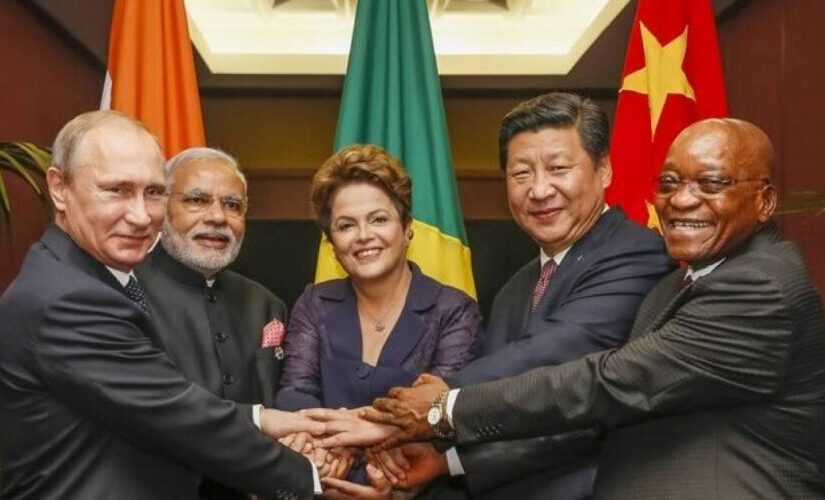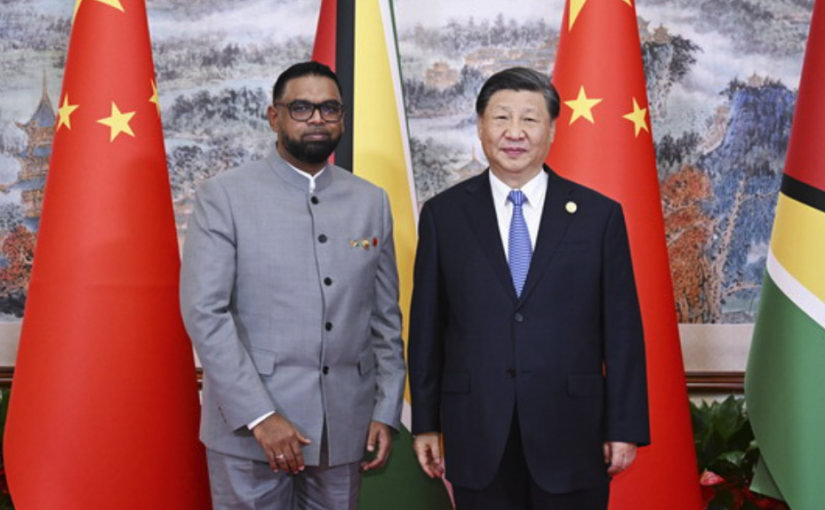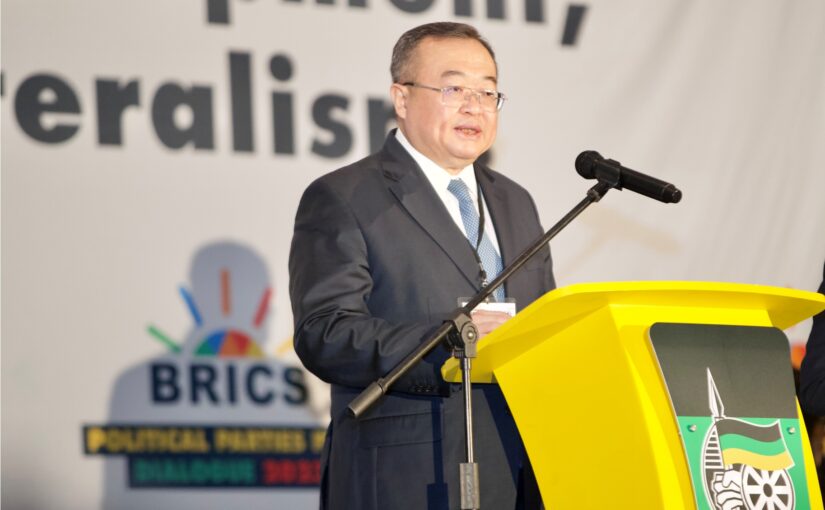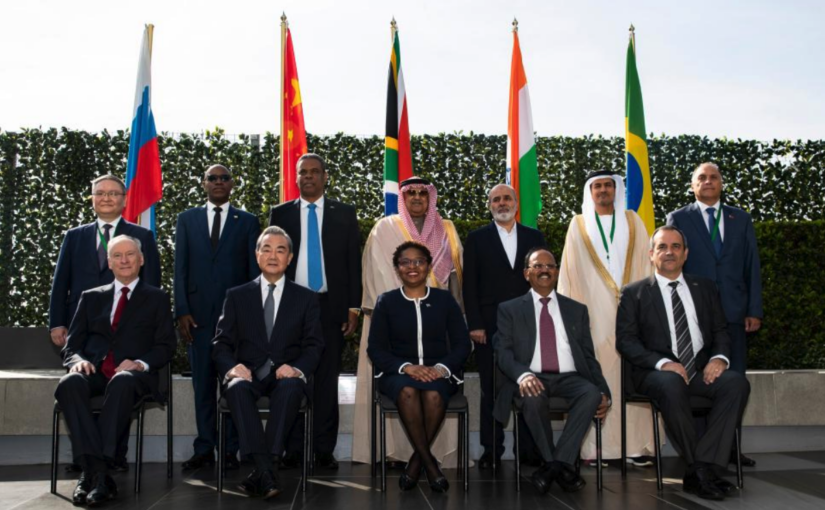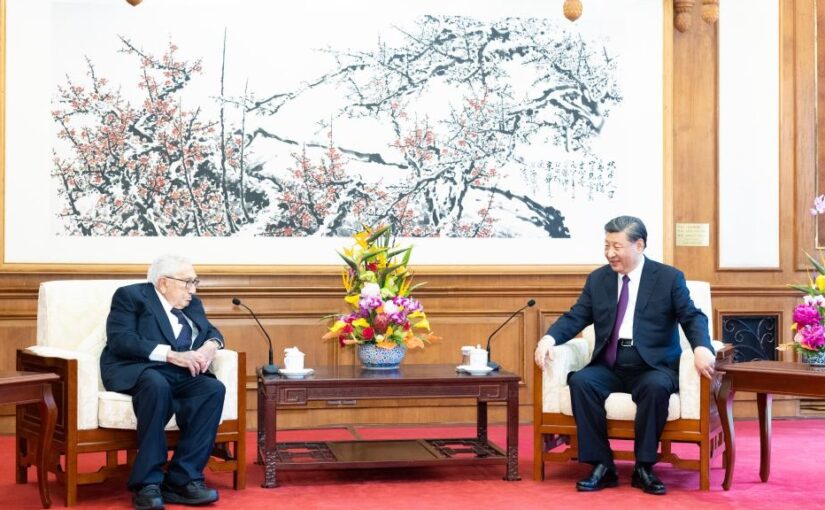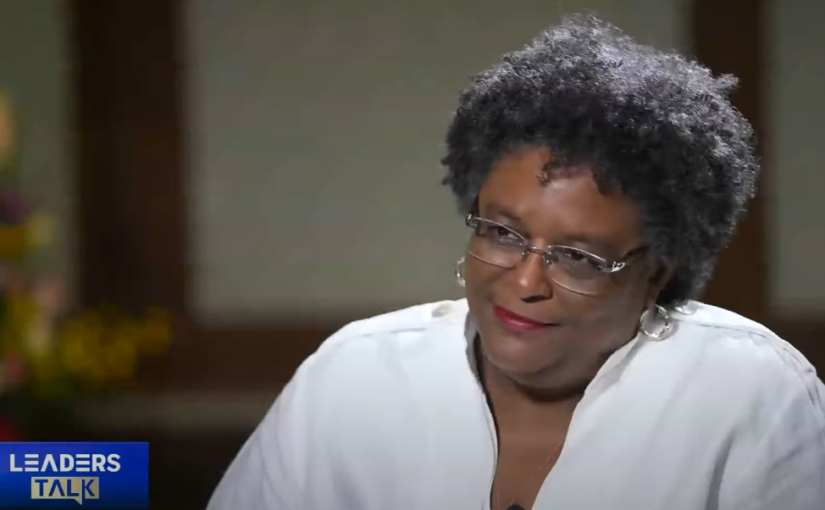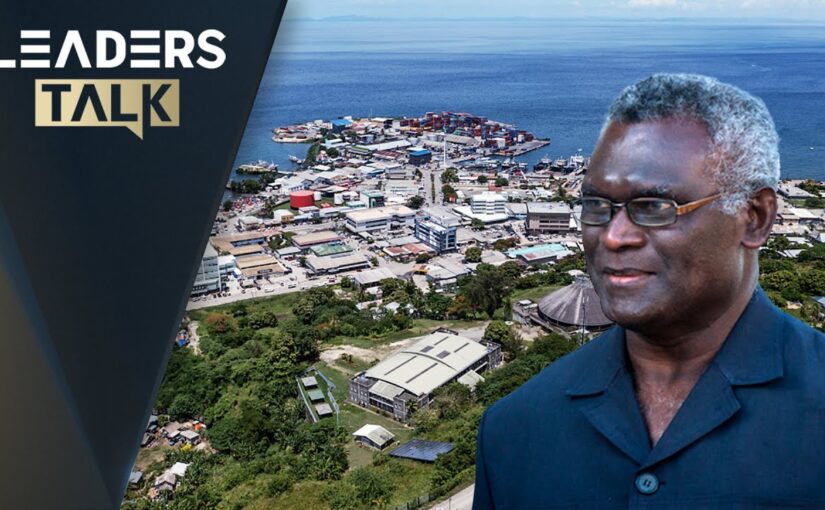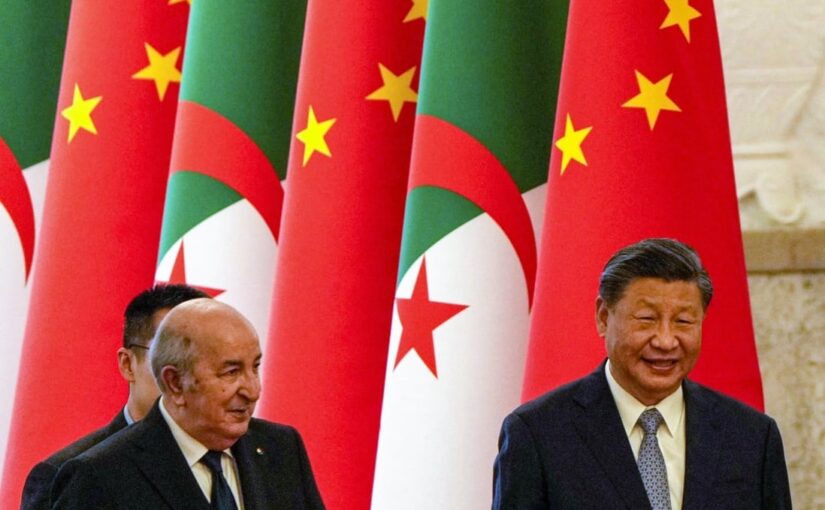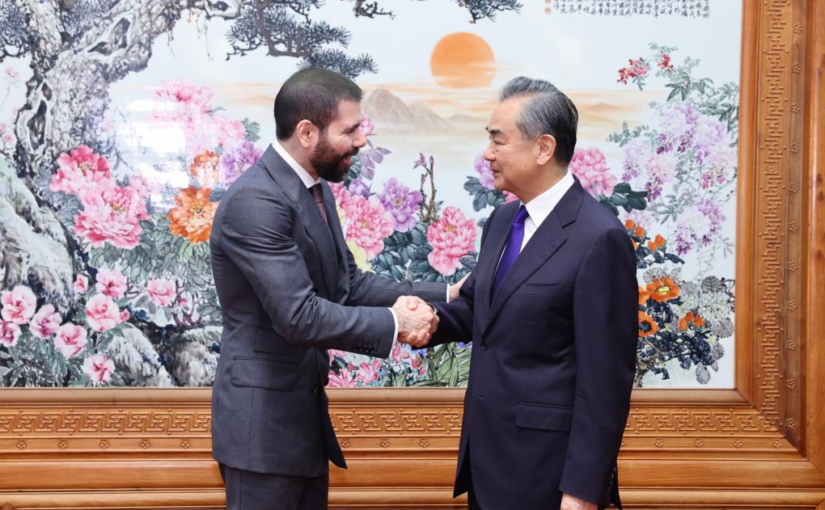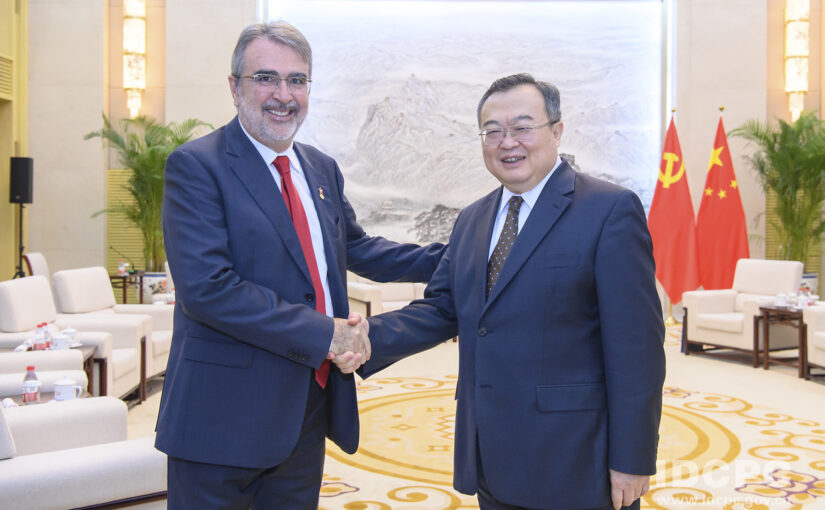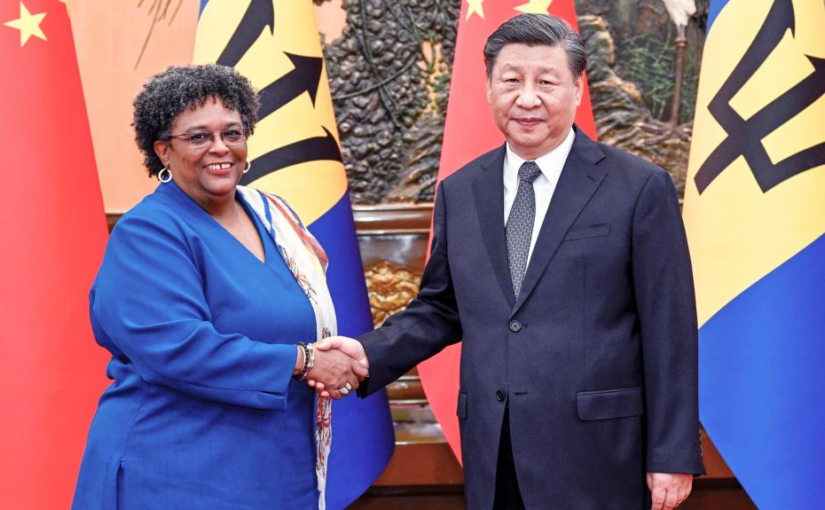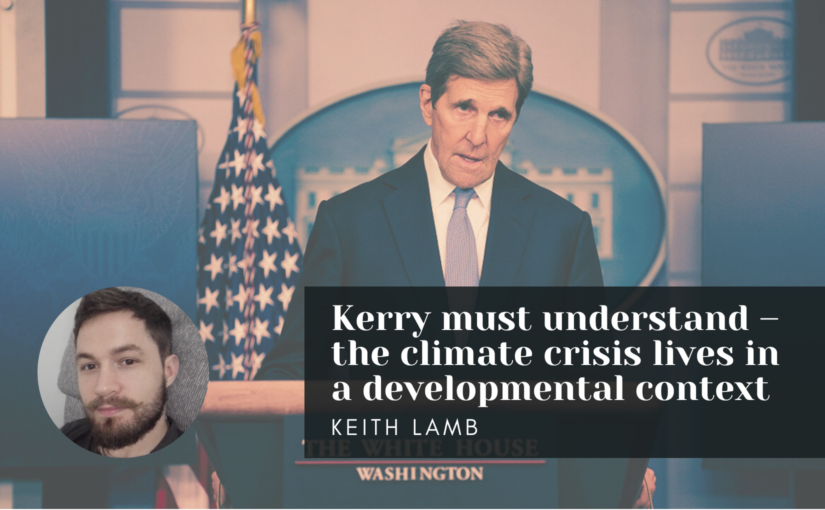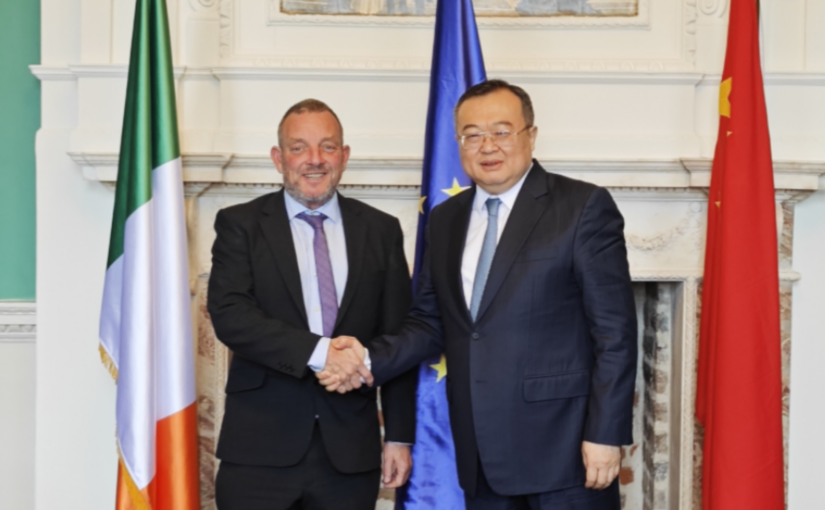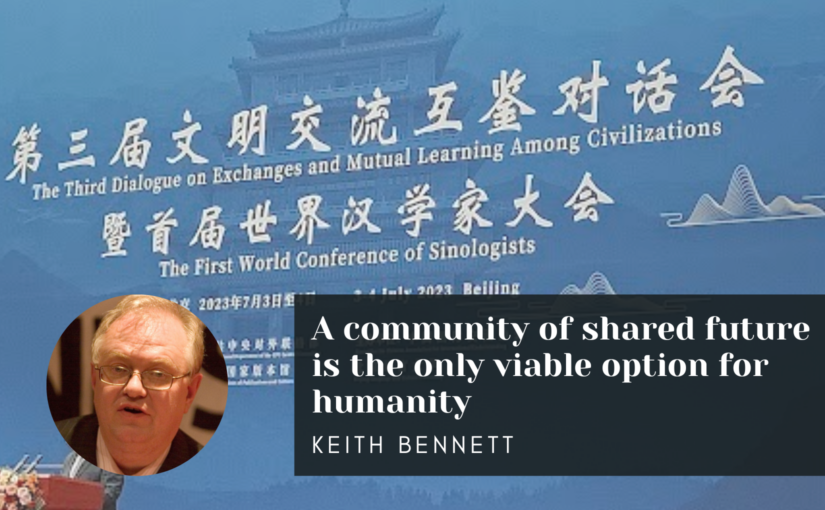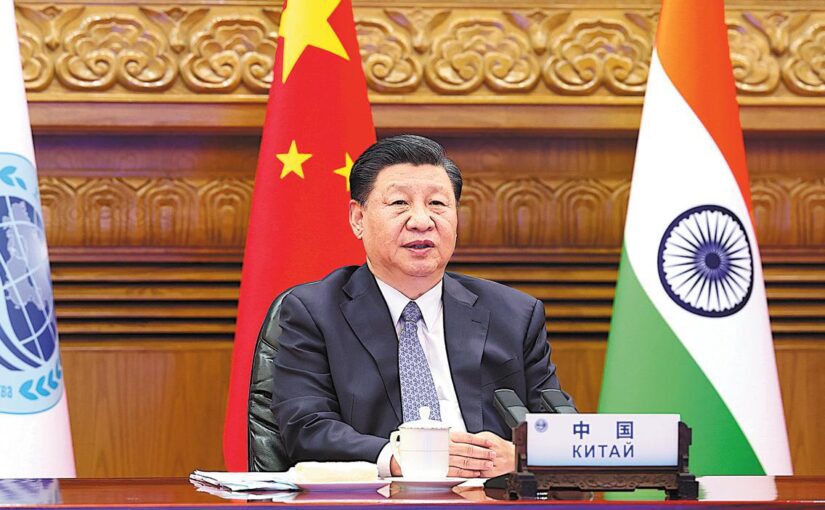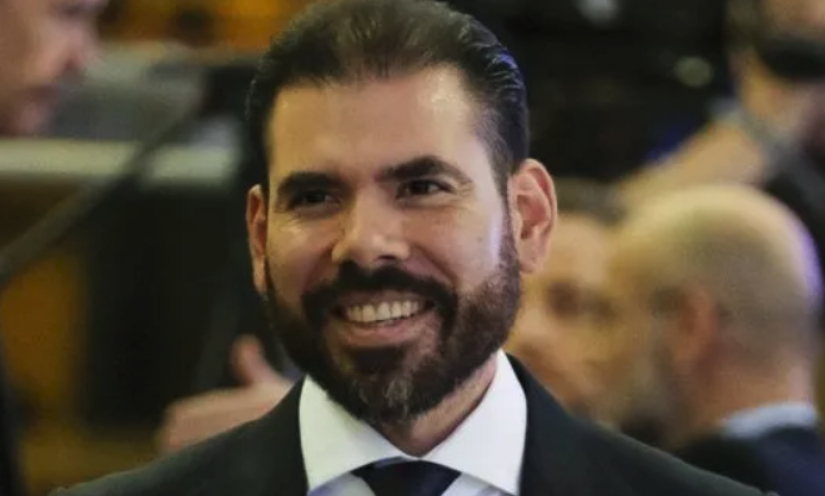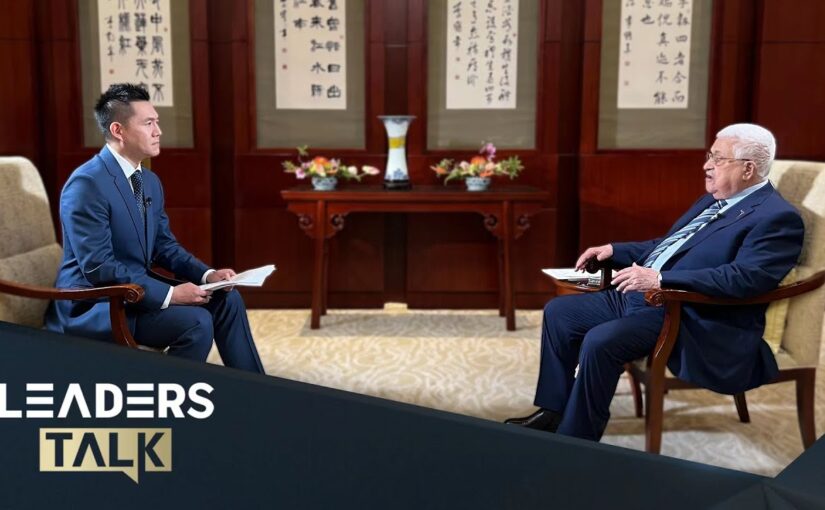The President of the People’s Democratic Republic of Algeria, Abdelmadjid Tebboune, paid a state visit to China from July 17-21, 2023, at the invitation of his Chinese counterpart, Xi Jinping.
This was Tebboune’s first visit to China since he assumed the Presidency in 2019. However, China’s contacts with the ruling National Liberation Front (FLN) date back to the 1950s, when the Algerian people were engaged in a bitter war of national liberation against French colonialism. China was the first non-Arab country to recognise Algeria’s independence and to establish diplomatic relations with the fledgling Algerian republic. In 2014, Algeria became the first Arab country to establish a comprehensive strategic partnership with China.
Meeting his Algerian counterpart on July 18, Xi Jinping noted that this year marks the 65th anniversary of diplomatic relations between China and Algeria. Xi said that, 65 years ago, China and Algeria were brought together by the common cause of opposing imperialism and colonialism and seeking national independence and liberation. Since then, the two countries have helped each other through thick and thin and rendered mutual understanding and support to one another. They have been true friends and natural partners in the pursuit of common development and national rejuvenation. He thanked Algeria for its unequivocal support for China’s just position on issues related to Taiwan, Xinjiang and human rights, and reaffirmed that China firmly supports Algeria in safeguarding its national sovereignty, independence and territorial integrity, supports Algeria in following a development path that fits its national reality, and opposes external interference in Algeria’s internal affairs.
Xi added that this year marks the 60th anniversary of China sending its first medical team to Algeria. (And China’s first medical team to any foreign country.) Over the last six decades, 3,522 Chinese medical workers have been sent to Algeria, treating over 27 million people and delivering over 2.07 million babies. “This is a monument to the China-Algeria friendship,” Xi said.
President Tebboune said that China is the most important friend and partner of Algeria. He thanked China for giving Algeria valuable support of various sorts over the years, saying Algeria firmly supports China’s position on issues concerning its core interests such as Taiwan and Xinjiang. He added that Algeria supports the Global Development Initiative, the Global Security Initiative, and the Global Civilization Initiative proposed by China. He expressed readiness for Algeria to take an active part in Belt and Road cooperation and to deepen the Algeria-China comprehensive strategic partnership, which will give a boost to economic and social development in Algeria.
Following their talks, the two heads of state issued a joint statement, in which they recalled the profound traditional friendly relations between the two countries and pointed out that this visit coincides with the 65th anniversary of their establishment of diplomatic relations and is of great significance.
Having discussed the need to further enhance political and security cooperation and that in diversified economic fields, as well as in such areas as culture, sports, tourism and journalism, the two heads of state said they would like to take the celebration of the 60th anniversary of China’s dispatch of the first foreign medical team to Algeria as an opportunity to strengthen cooperation in the field of health between the two countries.
With the summit of the BRICS grouping, presently comprising Brazil, Russia, India, China and South Africa, due to be held in South Africa in August, and with more than 40 countries having reportedly expressed an interest in joining, the Algerian side once again informed the Chinese side of the measures taken by them to apply for BRICS membership. China welcomes the positive willingness of Algeria to join the BRICS countries and supports its efforts to achieve this goal. The Algerian side appreciates China’s position and its expression of willingness to support Algeria at all stages of this process.
China, the statement said, supports Algeria in playing an important and constructive role in international and regional affairs, and appreciates the initiatives and ideas put forward by Algeria and its positive efforts to promote a just and lasting settlement of the Middle East issue. The two sides stressed that the question of Palestine should be resolved in accordance with international law and relevant United Nations resolutions, ensuring the right of the Palestinian people to establish a fully sovereign and independent Palestinian state based on the 1967 borders, with East Jerusalem as its capital. China appreciates President Tebboune’s positive efforts to achieve Palestinian unity and intra-Palestinian reconciliation, as well as the Algiers Declaration issued in that regard. The Algerian side appreciates President Xi Jinping’s many initiatives on the settlement of the Palestinian issue, especially the recent three-point proposal; it appreciates China’s long-standing firm support for the just cause of the Palestinian people to restore their legitimate national rights and supports all Palestinian factions in strengthening unity and achieving internal reconciliation through consultation and dialogue.
The two sides agreed that on the basis of respecting the sovereignty, independence and territorial integrity of regional countries and through dialogue and consultation, they should promote the political and peaceful settlement of hotspot issues and other crises in the Arab region, such as in Syria, Libya, Yemen and Sudan, stressed their opposition to external interference, support for jointly cracking down on extremist terrorist organizations in their territories, supported the efforts of Lebanon, Somalia and Sudan to achieve security, stability, development and prosperity and counter-terrorism, and supported the efforts of the United Nations and the League of Arab States towards those ends. China stresses its support for Arab countries in resolving regional security issues through solidarity and cooperation. Algeria also expressed its appreciation for China’s efforts to achieve reconciliation between Saudi Arabia and Iran.
Algeria also appreciated China’s firm support for African countries in achieving national independence, following a development path suited to their own national conditions, and supporting Africa’s efforts in integration and joint self-improvement. It believes that China’s cooperation with Africa has always been at the forefront of international cooperation with the continent, and the results of China-Africa cooperation have improved the conditions for Africa’s economic and social development and brought tangible benefits to the people of both sides.
China appreciates the important role played by the Algerian side in supporting stability, development, security and peace in Africa, actively promoting the peaceful settlement of the crises in Libya, Mali, the Sahel and the Sahara region, and appreciates the fact that, as the coordinator of the African Union for preventing and combating terrorism and violent extremist activities, it has long been committed to combating this dangerous public enemy in Africa and has actively worked to share its successful experience in counter-terrorism.
The statement says that on the question of Western Sahara, the two sides stressed their support for efforts to reach a just and lasting solution within the framework of international law, in particular the relevant United Nations resolutions, so as to guarantee the self-determination of the people of Western Sahara under arrangements consistent with the purposes and principles of the Charter of the United Nations, and for the efforts of the UN to that end. This constitutes a clear and significant statement of China’s support for the right of the Sahrawi people to self-determination.
Regarding the situation in Ukraine, the two sides called for resolving differences peacefully through dialogue and negotiation; called for abiding by universally recognised international law and the purposes and principles of the Charter of the United Nations. The security of one country should not be at the expense of the security of other countries, and the legitimate security concerns of all countries should be valued and properly addressed. They oppose coercive measures such as unilateral sanctions, violating international law and harming the livelihood of relevant countries. Possible humanitarian impacts should be mitigated and every effort should be made to avoid escalation and to achieve a peaceful settlement of the crisis.
President Tebboune invited President Xi Jinping to visit Algeria, for which Xi expressed his gratitude, and the date of the visit will be agreed by both sides.
The following day, President Tebboune held separate meetings with Chinese Premier Li Qiang and Chairman of the National People’s Congress Standing Committee Zhao Leji.
Li Qiang said that China and Algeria should expand cooperation in emerging areas such as information technology, digital economy, new energy vehicles, and space satellites and set an example for high-tech cooperation among developing countries. China supports Algeria in playing a more significant role in international and regional affairs and stands ready to work with Algeria to practice genuine multilateralism and oppose unilateralism, hegemony, and bullying to safeguard the common interests of China, Algeria, and other developing countries.
Zhao Leji congratulated Algeria on its election as a non-permanent member of the UN Security Council for 2024-2025, and expressed a readiness to work with Algeria to build an open world economy and promote a more just and equitable global governance system.
Noting that Algeria and China have always firmly supported each other, Tebboune said that Algeria admires the great achievements made by the Chinese people through long-term hard work, and is willing to learn from China’s experience and deepen cooperation in various fields to bring better benefits to the two peoples.
In an interview with the Xinhua News Agency, coinciding with the start of Tebboune’s visit, Smail Debeche, President of the Algeria-China Friendship Association, said the “historical and political ties between the two nations serve as a foundation for strategic convergence” and expressed the hope that their bilateral relations can be a model for Africa and the Arab world.
Debeche, who is also a professor of political sciences and international relations at the University of Algiers 3, a Central Committee member of the National Liberation Front (FLN), a leader of the Algerian Committee for Solidarity with the People of Western Sahara, and an Advisory Group member of Friends of Socialist China, added that over the past 65 years since the establishment of diplomatic relations, China and Algeria have firmly supported each other on issues related to their core interests and major concerns. The two countries have maintained a consistent stance on international and regional hotspot issues and engaged in mutually beneficial cooperation in various fields, becoming strategic partners that walk hand in hand. Referring to the 60th anniversary of China’s dispatch of medical teams to Algeria, he added:
“At that time, Algeria emerged from a brutal war and urgently needed medical assistance. The Chinese medical teams brought hope and timely assistance. Chinese doctors treated patients and trained local doctors. Medical cooperation between the two countries has become an example of China-Algeria cooperation.”
The following articles originally appeared on the websites of the Xinhua News Agency and the Chinese Foreign Ministry. The Joint Statement was published by the Foreign Ministry in Chinese. It has been machine translated and edited by us for clarity and accuracy.
